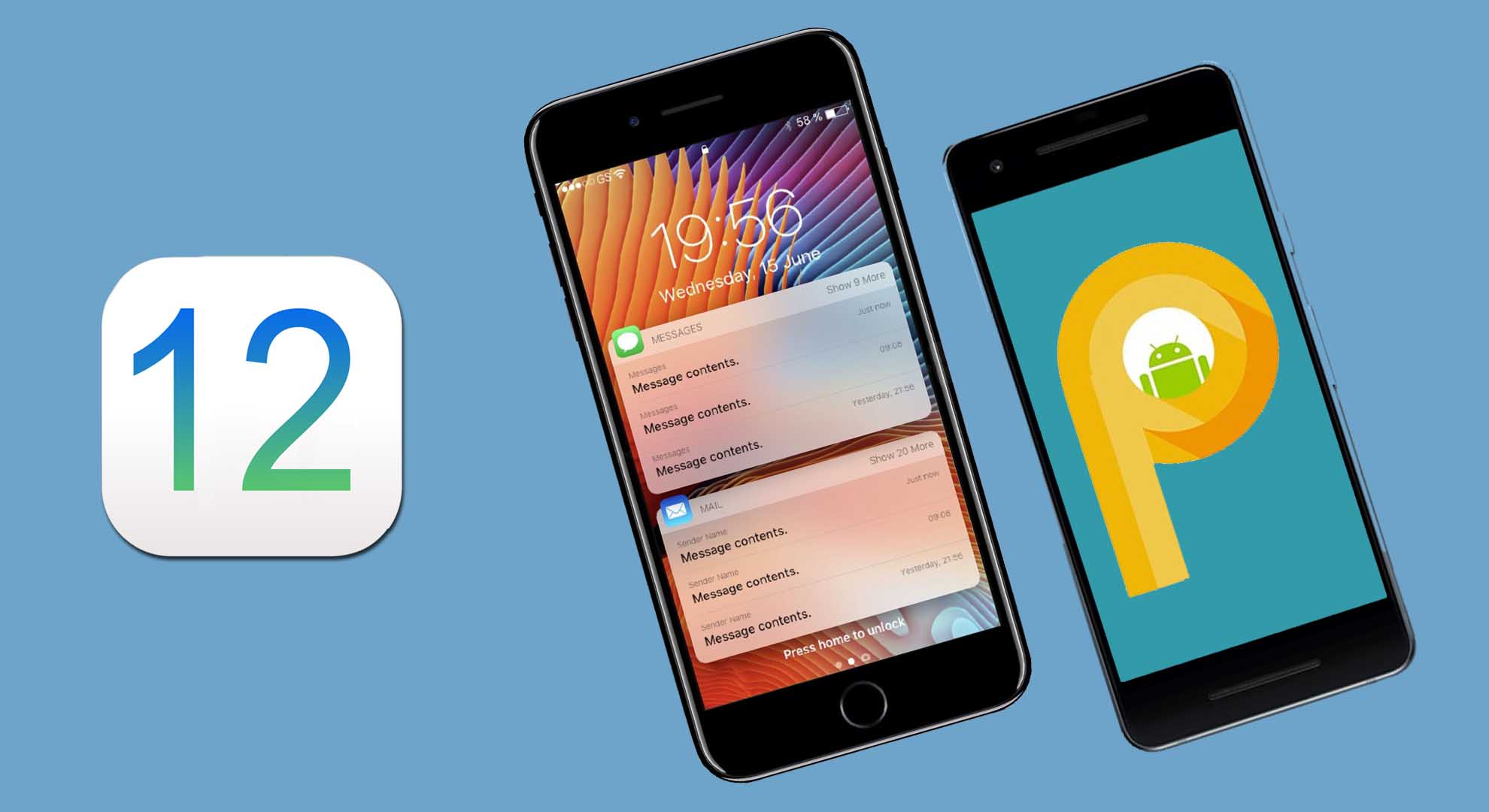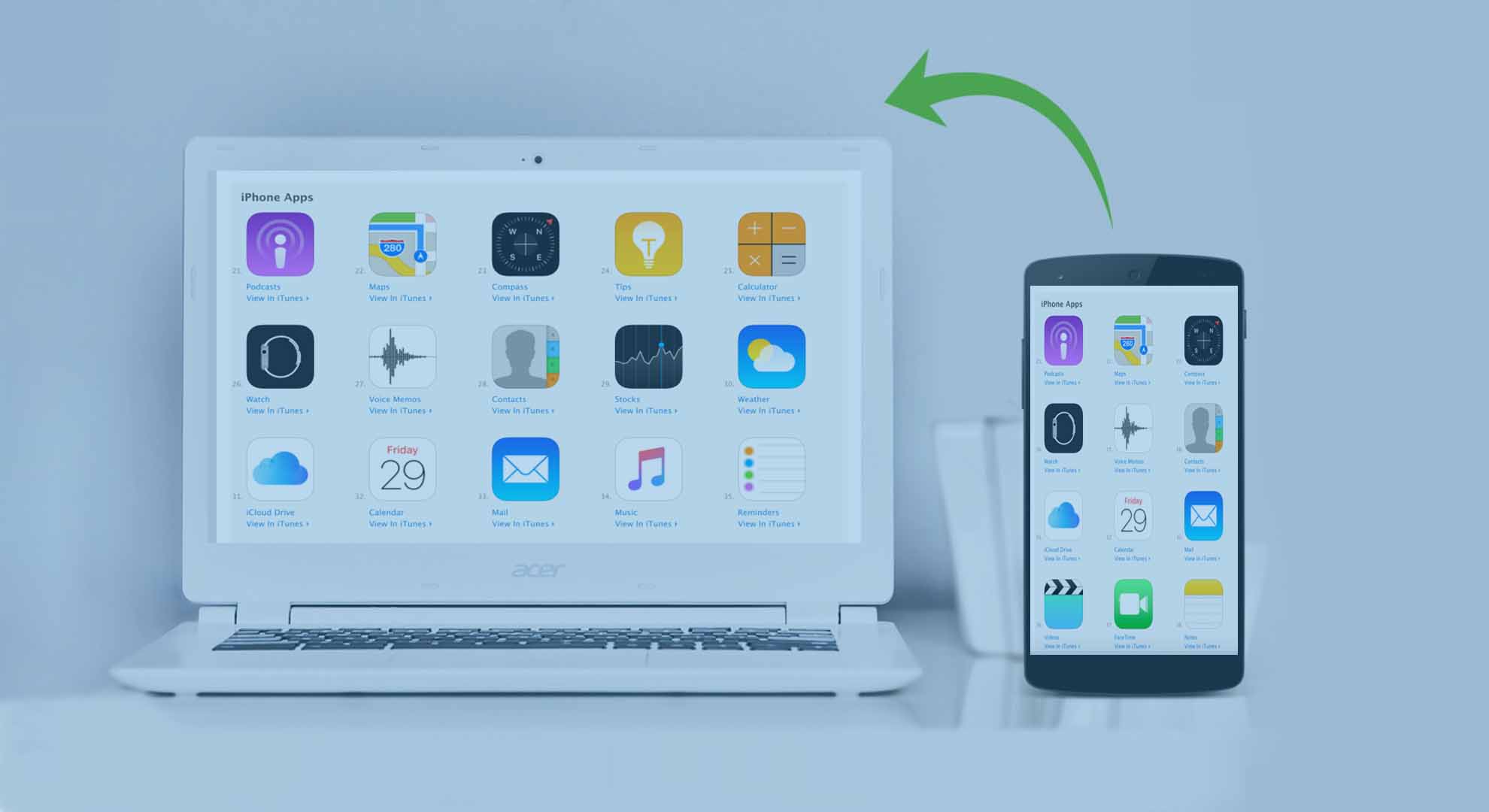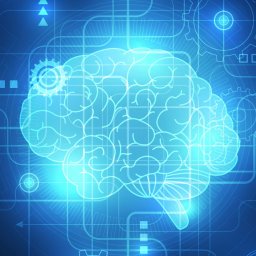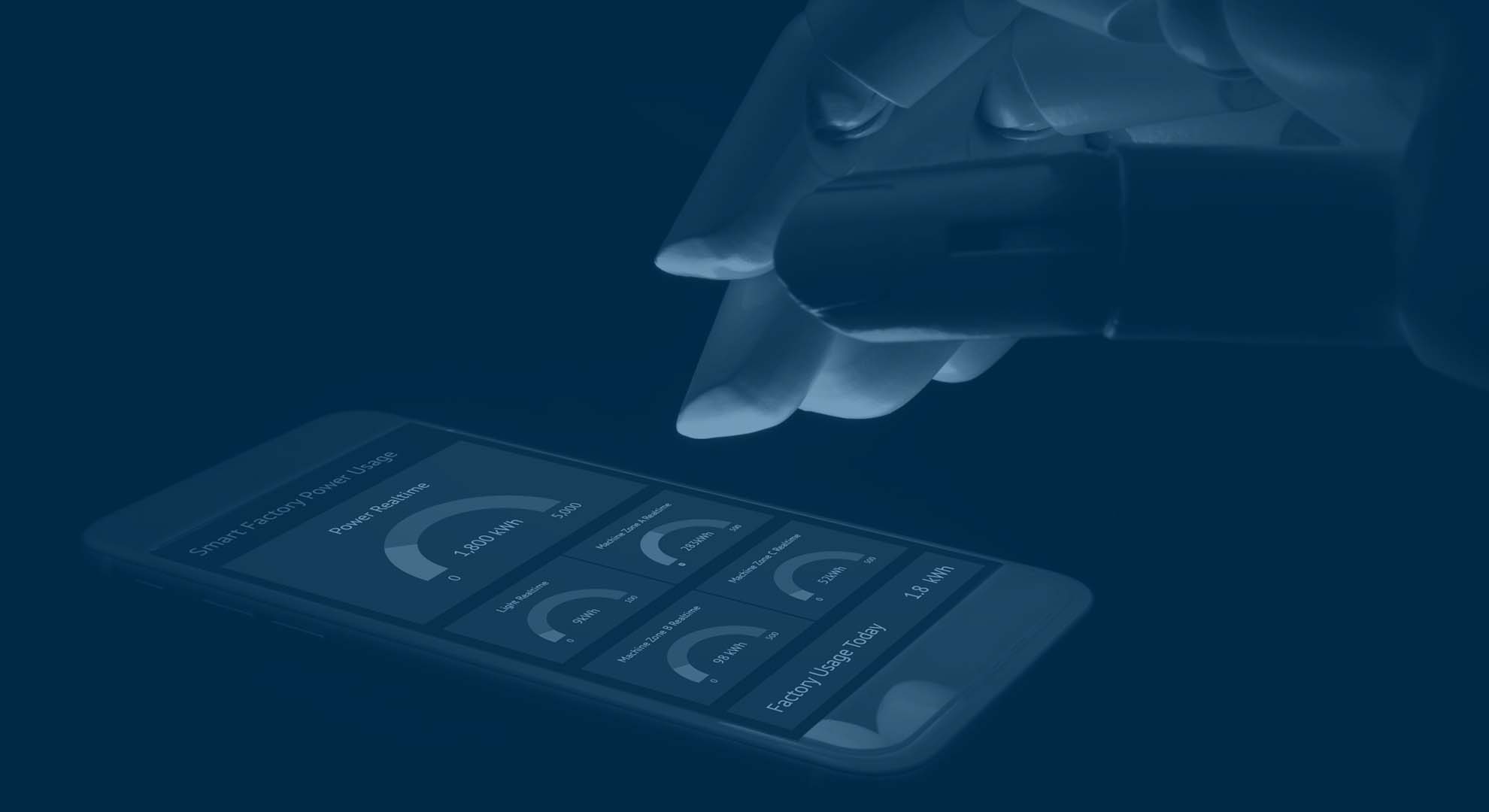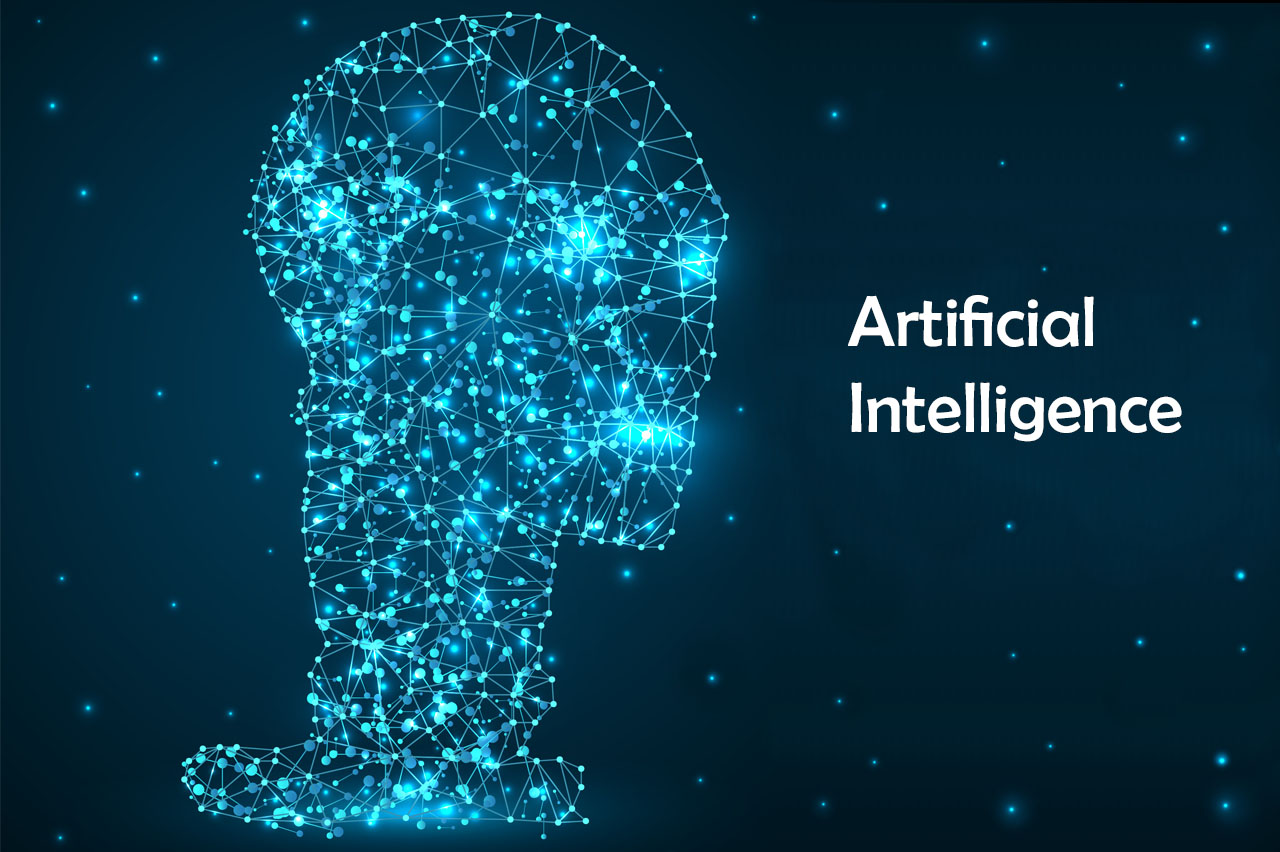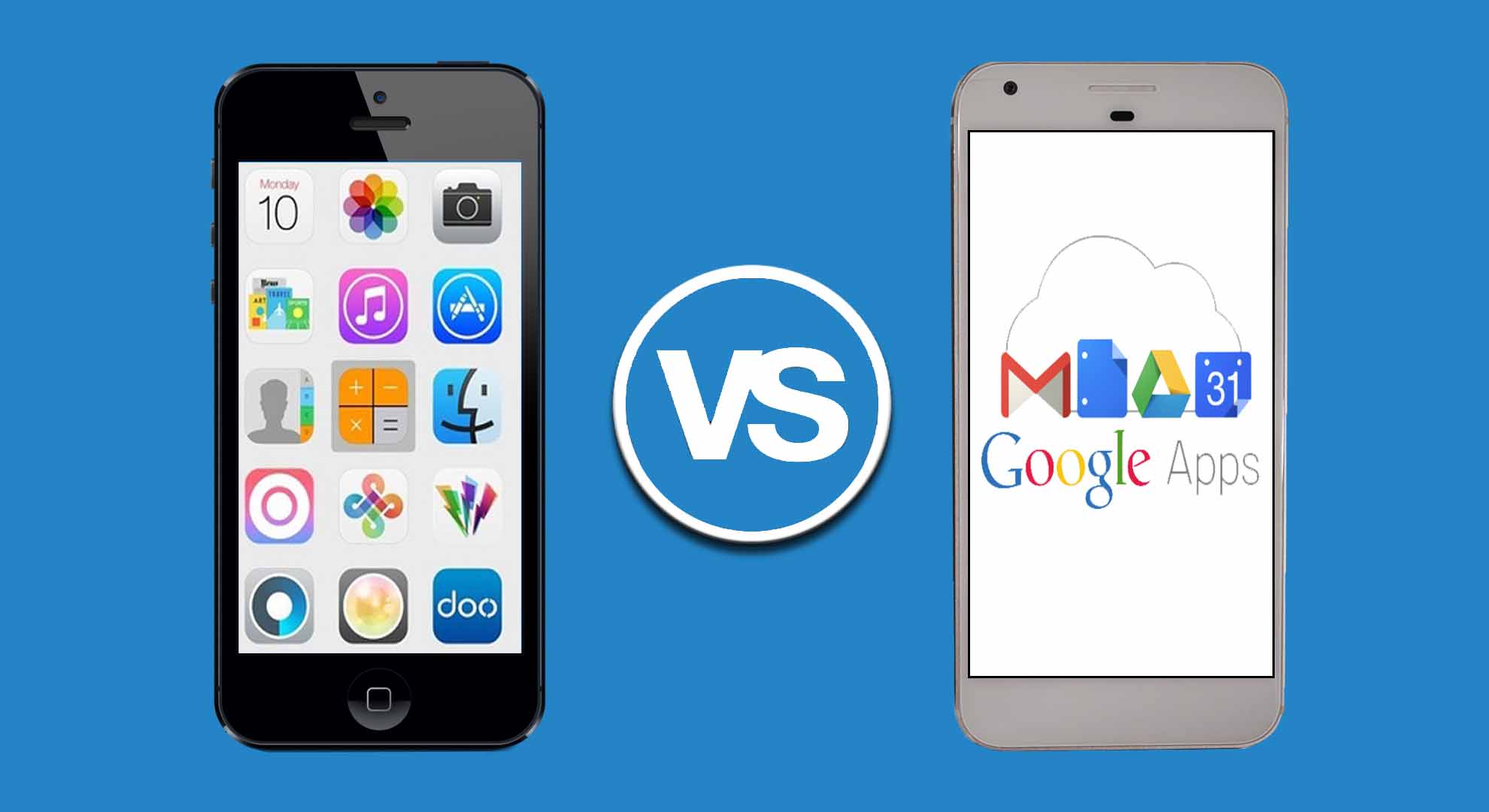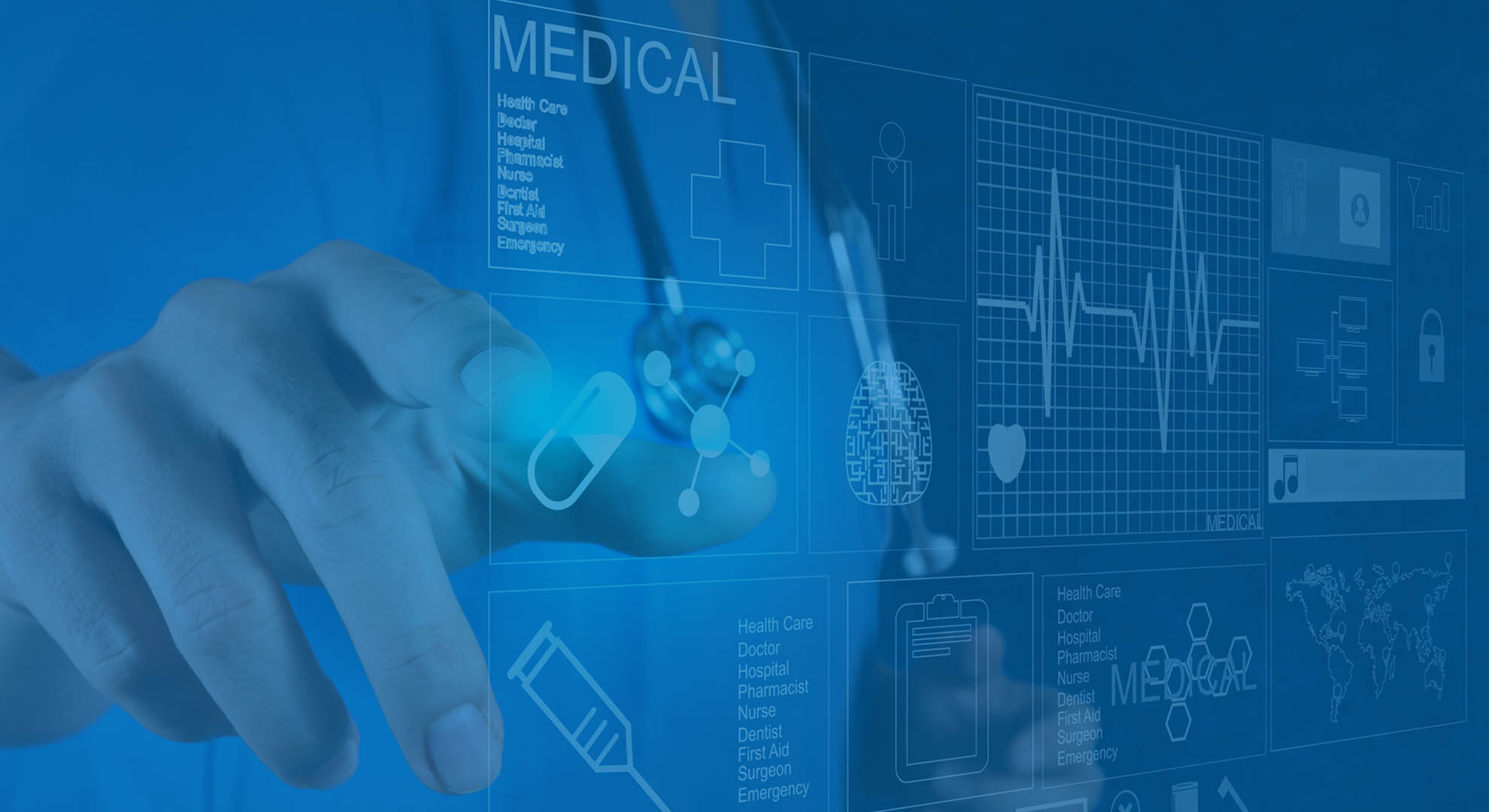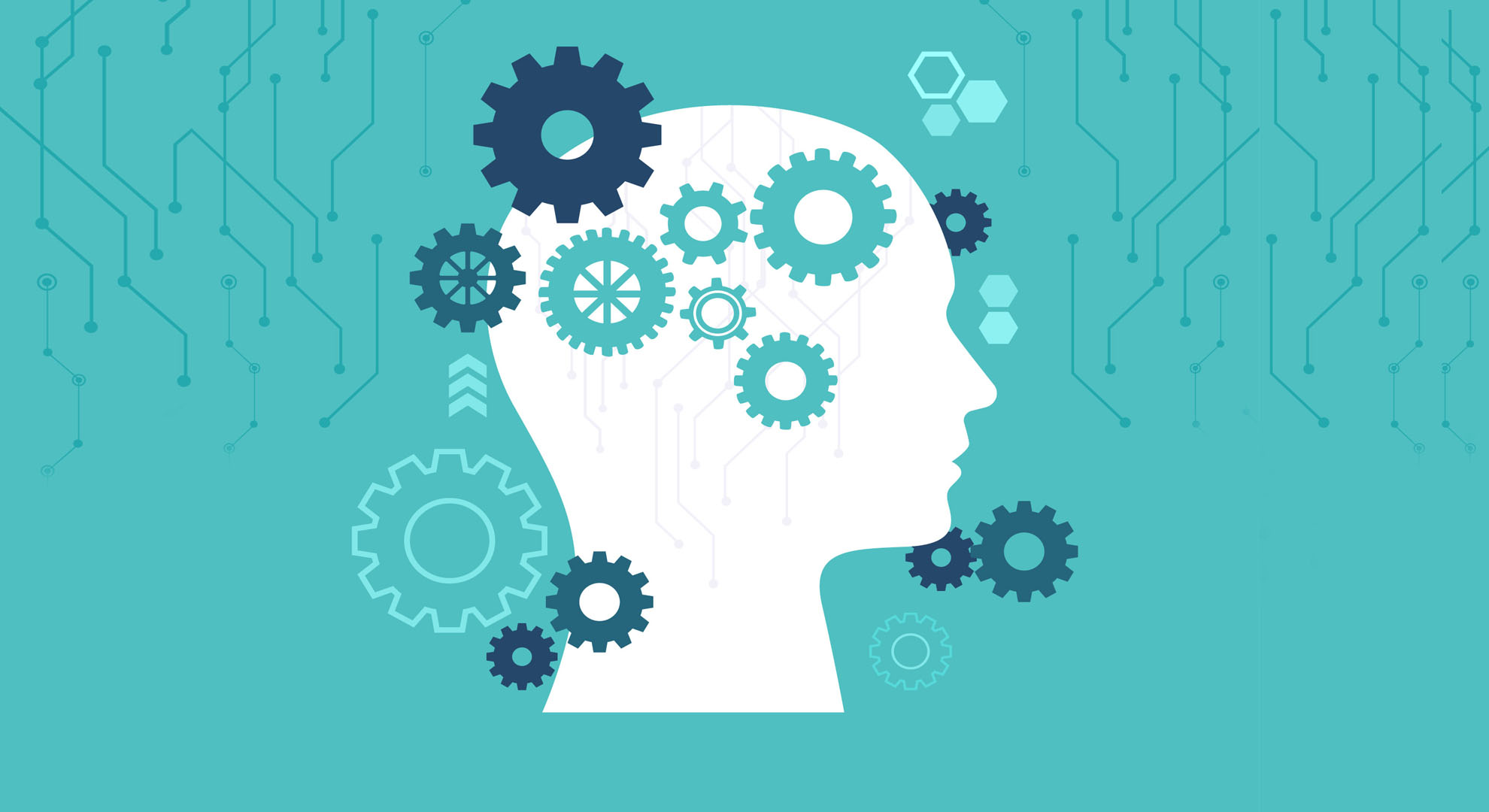Artificial Intelligence is improving day by day and making improvements in a myriad of industries including healthcare. AI is gradually learning the way to diagnose a disease like any human physician. In the future, they might replace doctors in hospitals near you.
The latest development has taken place in London where Google’s DeepMind subsidiary, UCL, and Moorfields Eye Hospital have incorporated deep learning to develop a software that helps in diagnosing a multitude of common eye diseases from 3D scans and recommend some treatment for the patients.
The development has taken place because of a multiyear collaboration between the three institutes. The software is not ready yet but will be deployed in the hospitals in the coming years. The researchers consider it a groundbreaking innovation. Head of DeepMind Health, Mustafa Suleyman said in a press statement, “The project was unbelievably sensational and could transform the management of patients, diagnosis, and treatment with sight-threatening eye conditions all over the globe.”
The software is founded on principles of deep learning, which uses algorithms to recognize common patterns in the data, as described by the paper published in the journal Nature Medicine. In this case, the data is 3D scans of patients’ eyes made using a technique called Optical Coherence Tomography (OCT). It takes hardly ten minutes and involves bouncing near-infrared light off of the interior surfaces of the eye. It creates a 3D image of the tissue, a common practice to analyze eye health. OCT scans are a vital medical care tool, which helps in identifying the eye disease and saves the patient’s sight.
The software was tested on nearly 15,000 OCT scans on 7,500 patients. The patients were treated at Moorfields, the biggest eye hospital in North America and Europe. From this, it came to first identify the various anatomical elements of the eye and suggest clinical actions based on various signs of diseases that the scan displays. Compared to a diagnosis made by eight doctors, the software successfully recommended the same treatment more than 94% of the time.
DeepMind AI system will further go through various testing to successively pass regulatory approvals and clinical trials before it can be fully deployed in hospitals and clinics. Moreover, it is still doubtful that the patient will put the trust on a machine, no matter how advanced the technology is. Artificial Intelligence system like DeepMind is in the development phase that will further assist the human doctors in diagnosis, accurate treatments, and deeper analysis.





